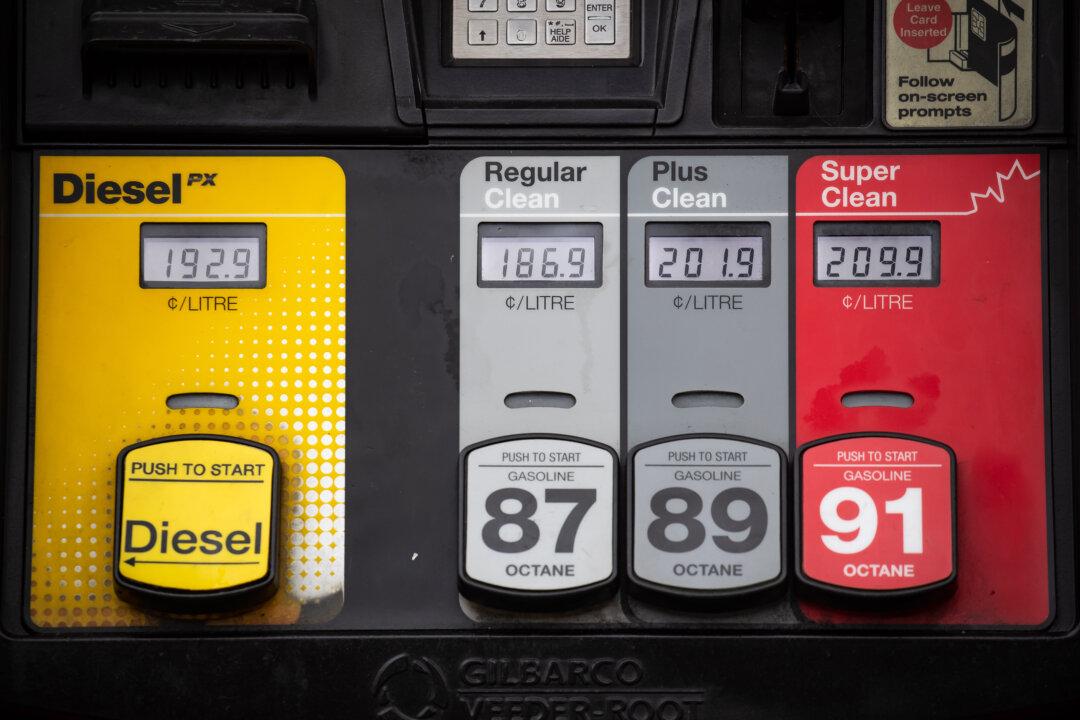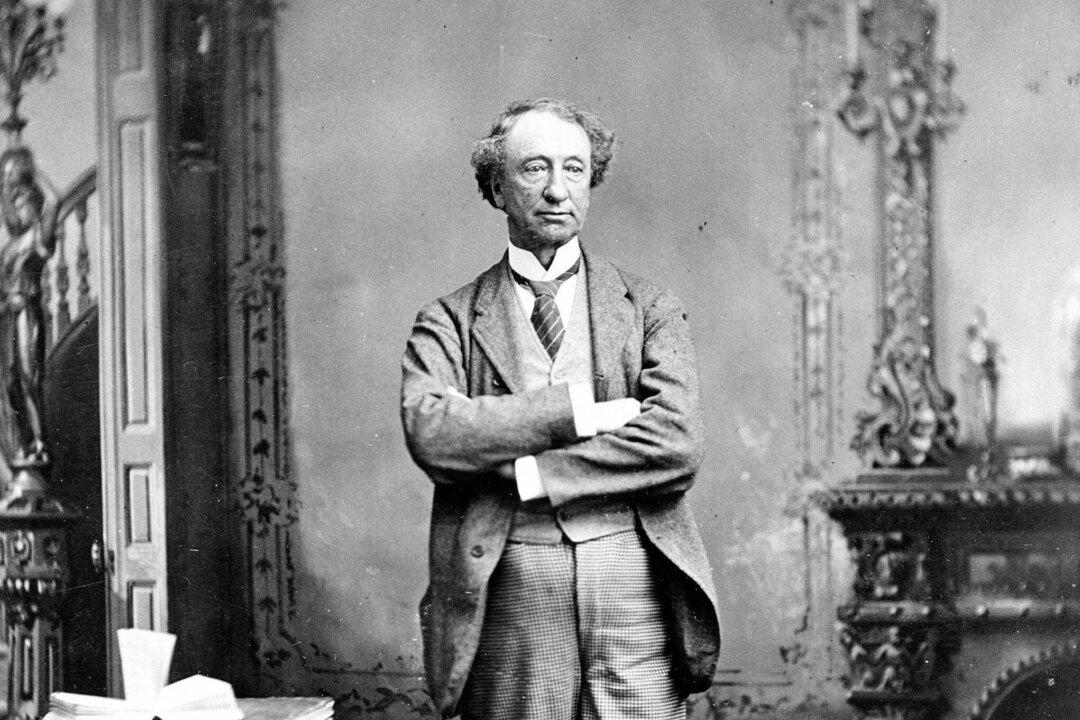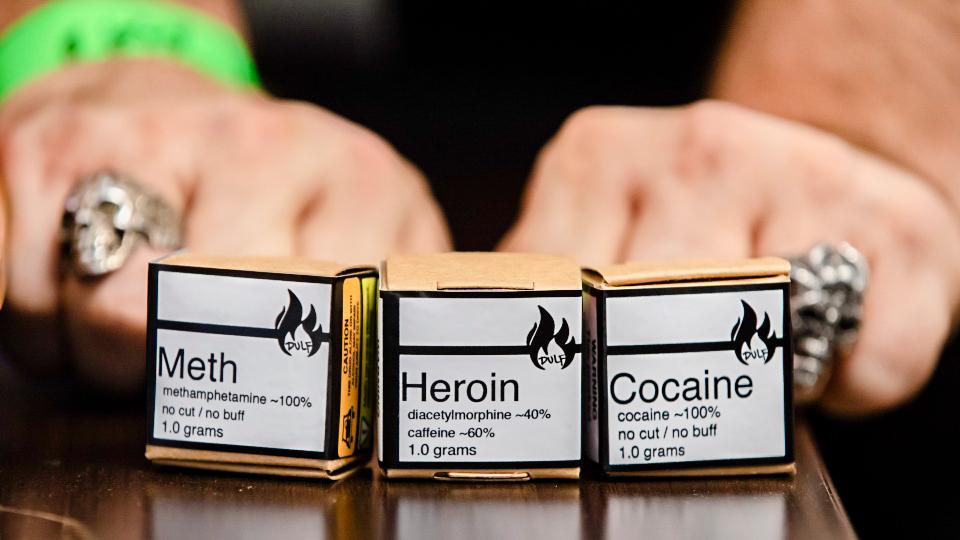Japanese automotive giant Honda is investing $15 billion into four new electric vehicle (EV) manufacturing plants in Ontario, Prime Minister Justin Trudeau, Ontario Premier Doug Ford, and several Honda executives announced on April 25.
The federal government is expected to invest $2.5 billion in the deal through the EV Supply Chain investment tax credit and the proposed Clean Technology Manufacturing investment tax credit. The government of Ontario will also invest $2.5 billion in the form of direct and indirect incentives.





